The international delegation, headed by Ana Lucía Bueno, ICRC Public Health Coordinator, and Sujit Panda, Head of the Physical Rehabilitation…
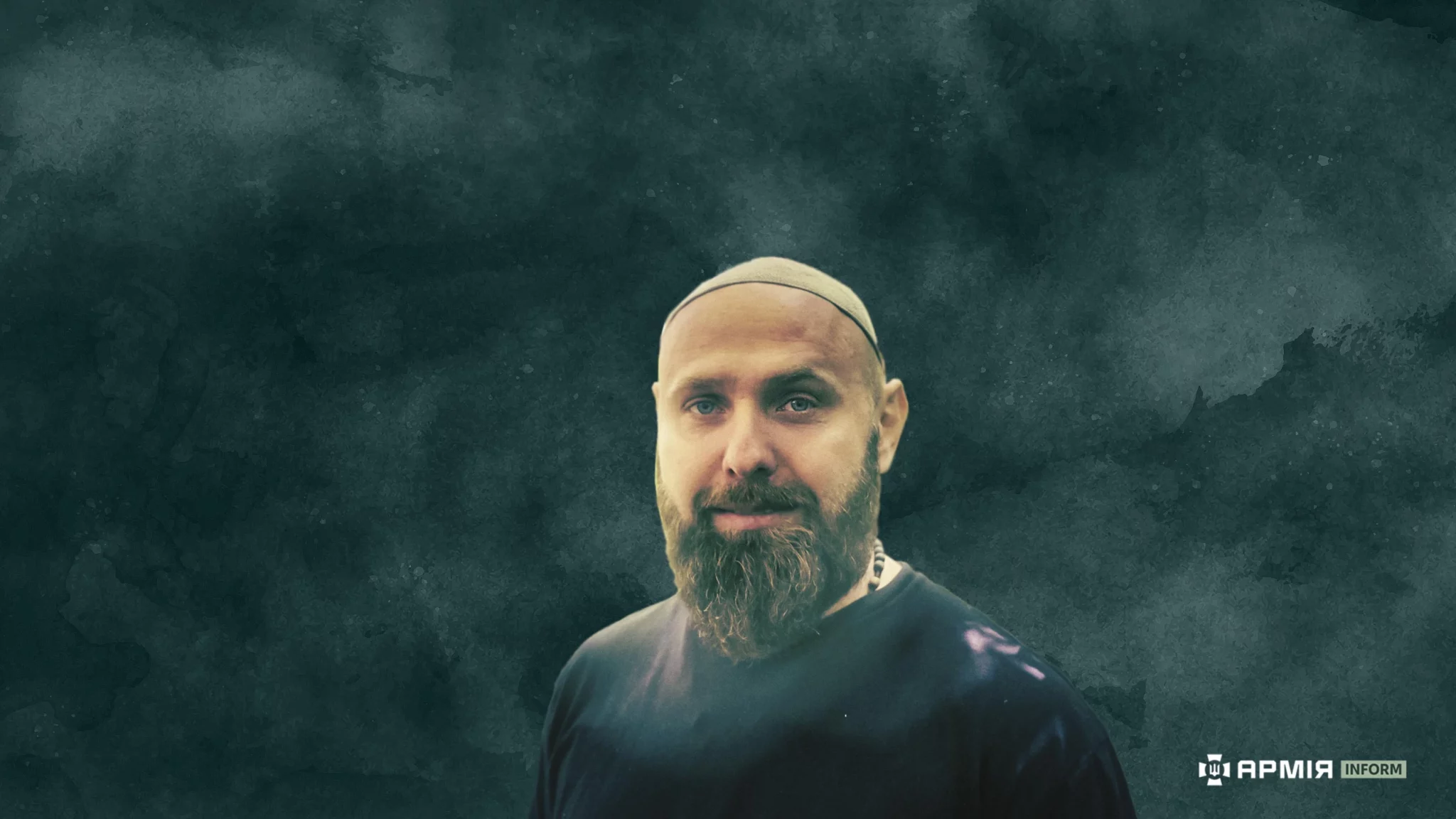
He introduces himself briefly: Oleksa, chief sergeant of a rifle battalion of the 4th Separate Heavy Mechanized Brigade. And he gives a firm handshake.
Oleksa is a volunteer. He is from Zaporizhzhia region.
In 2022 there were so many volunteers that the local enlistment and mobilization center literally had no space, and Oleksa was mobilized… in Kyiv. But oddly, once assigned to his unit he ended up again on the Zaporizhzhia axis, in the hell of the fierce battles of spring and summer 2022. He remembers those days: “Well, it was scary. Everyone is scared of war. But you do your job”. Then — a short rest and at the beginning of autumn 2022 — to Bakhmut.
Unlike the fights near Zaporizhzhia, where Oleksa served as an assault infantryman, at Bakhmut he had to spend more time in the trenches. He speaks about the difference with a wry, sad humor:
— What was interesting to me? I started out as assault infantry, and in the fourth tank unit we were more of a trench force. I understood why, when we were storming, our own people would curse us. It turns out that assault units go in, make noise and move on to another task. The infantry stays. And the Russians dump everything onto the infantry’s heads.
Once they had to take positions beyond a sunflower field. The squad went through, took the position, and the next day fighters from another unit could barely get to them across that same field — the whole field was full of “petals.” (PFM-1 — anti-personnel blast mine, “Lepestok,” “Petal” or “Butterfly” — a Soviet-made pressure-activated anti-personnel mine. — Editor’s note.)
It turned out that Oleksa and his comrades were very lucky — after the rain the field was a continuous mudbath.
— We were stepping on those “petals”… those mines were even in our boot prints. We literally pushed them down into the mud and they sank. We were just lucky, otherwise our legs would have been ripped off immediately. We went in, tried to dig in — no way. And the Russians saw that and were covering us with mortars. We timed them — they have 20 seconds to reload, and it was in those 20 seconds that we dug. And the ground was such that you couldn’t dig a trench even up to your knees. We broke three shovels…
Fortunately, there was an abandoned stable nearby and they had to spend the night there, literally in horse shit.
Oleksa does not like to talk about those days:
— I saw our neighbors being covered with phosphorus — for almost the whole day. Such a barrage — the whole sky was white. I myself was not under the phosphorus, but I think it was hard for the guys there. And overall the Russians worked with artillery and aviation. Once aviation struck us — we threw our things away, hid. We returned — everything was in pieces: sleeping bags, rations. If we had stayed there — no one would have survived. And generally, if you remove all the sorrow of war, you understand more who is who. People open up more in misfortune, and you understand who will be with you, who you can rely on, who you can’t, and you bond more there.
After Bakhmut there were fights elsewhere, and Oleksa was appointed chief sergeant. As he himself says: “I like this sergeant’s direction. I joke that if I become an officer — then only as a combat commander right away. But the sergeant route is fine. You’re alive, constantly moving, always with the unit, constantly communicating. And I like that. You feel needed”.
In Oleksa’s view, the sergeant’s tasks, beyond statutory duties, are to build a team. So that people know they will be provided with food, ammo, and lodgings on time.
— I tell them this: if you see that someone, for example, has started drinking. That is not his problem, it’s your problem, because in combat that person will let you down, and it’s not just minus one person — it could be your death. And your task is to tell them: “Petro, I understand everything, I love you, I respect you, you’re my comrade, you’ve been through a lot with me. Well, you understand that because of you I could die?” So everyone has to look out for each other. And if you didn’t teach him how to throw a grenade, then at the needed moment he won’t throw a grenade. And that is your task. And every task. And Petro’s task is for you to throw the grenade. For example, when I go out, I understand that there are seven men here, and my life depends on each of them. And I know that this is my team that I go out with, and they must carry out their assigned tasks precisely.
@armyinformcomua
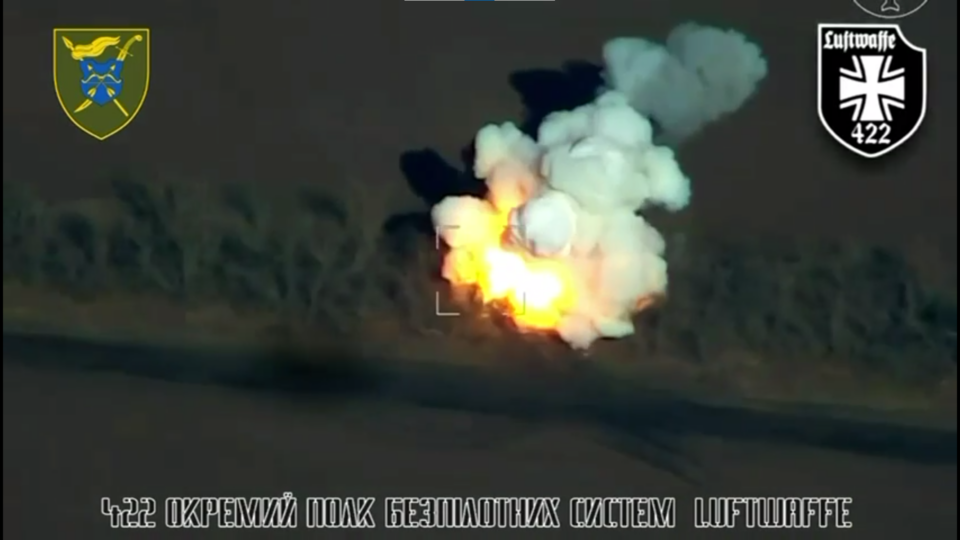
By knocking out enemy air-defense systems and radars, drone pilots of the Luftwaffe Regiment clear the sky for Ukrainian aviators.

Ukraine is expecting additional deliveries of Mirage 2000-5 aircraft from France.

The enemy is trying to pressure Ukrainian defenders and continue advancing into central Hryshyne, while simultaneously assaulting it from the north and south.
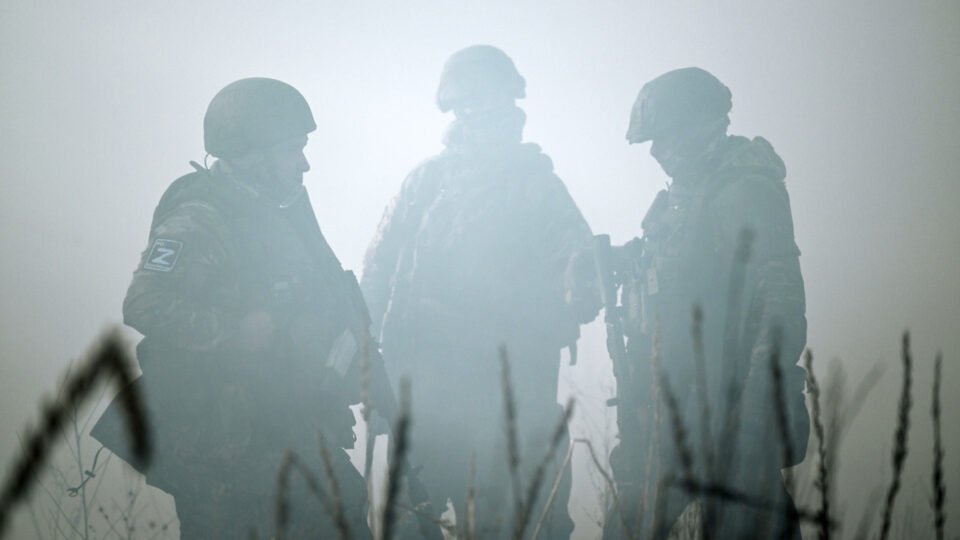
On the Pokrovsk axis, Russian occupiers do not reduce pressure on Defense Forces positions and attempt to attack as soon as the fog sets in.
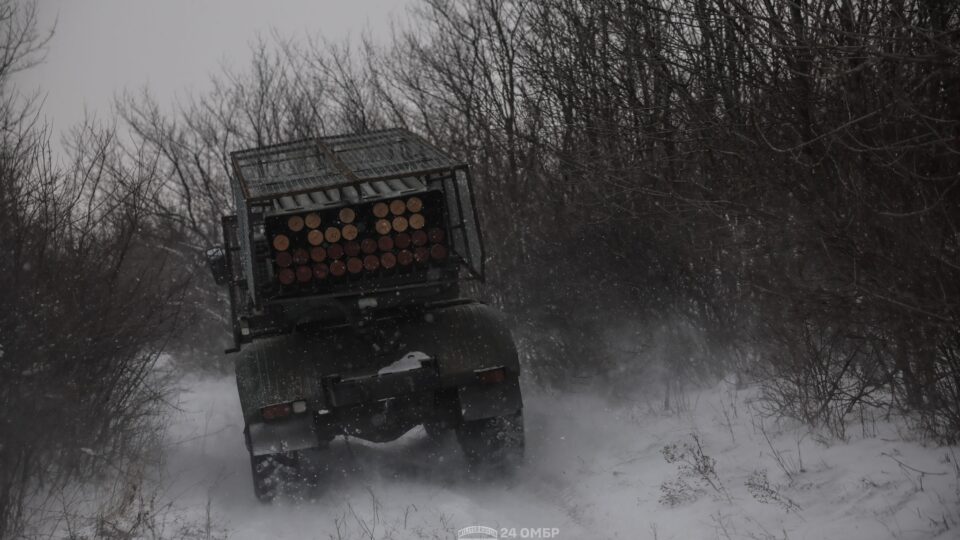
On the Kramatorsk axis, in the area of Chasiv Yar, the Russians have stepped up assault operations due to favorable weather conditions.
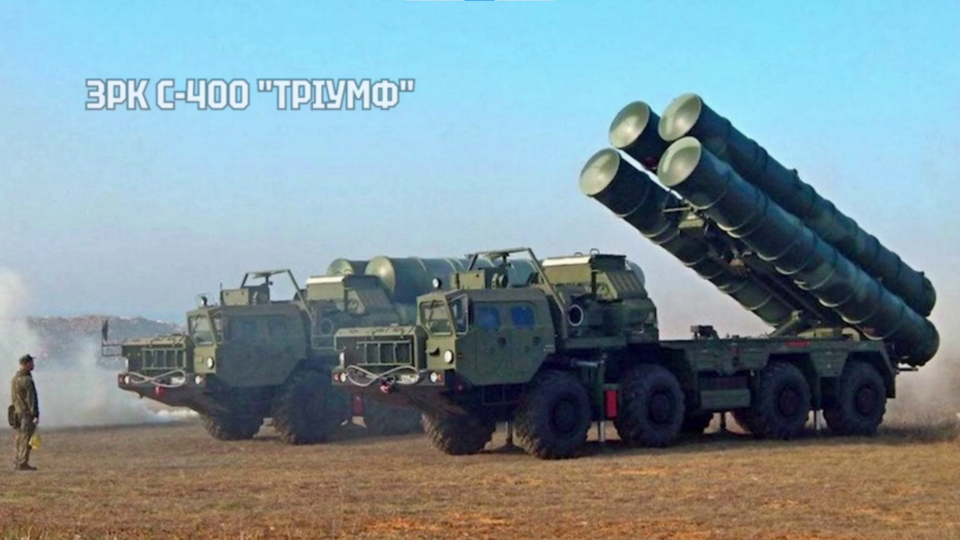
Lasar’s Group, together with the 429th “Achilles” UAV Brigade and the Special Operations Office (UOS), struck a Russian S-400 system.
The international delegation, headed by Ana Lucía Bueno, ICRC Public Health Coordinator, and Sujit Panda, Head of the Physical Rehabilitation…